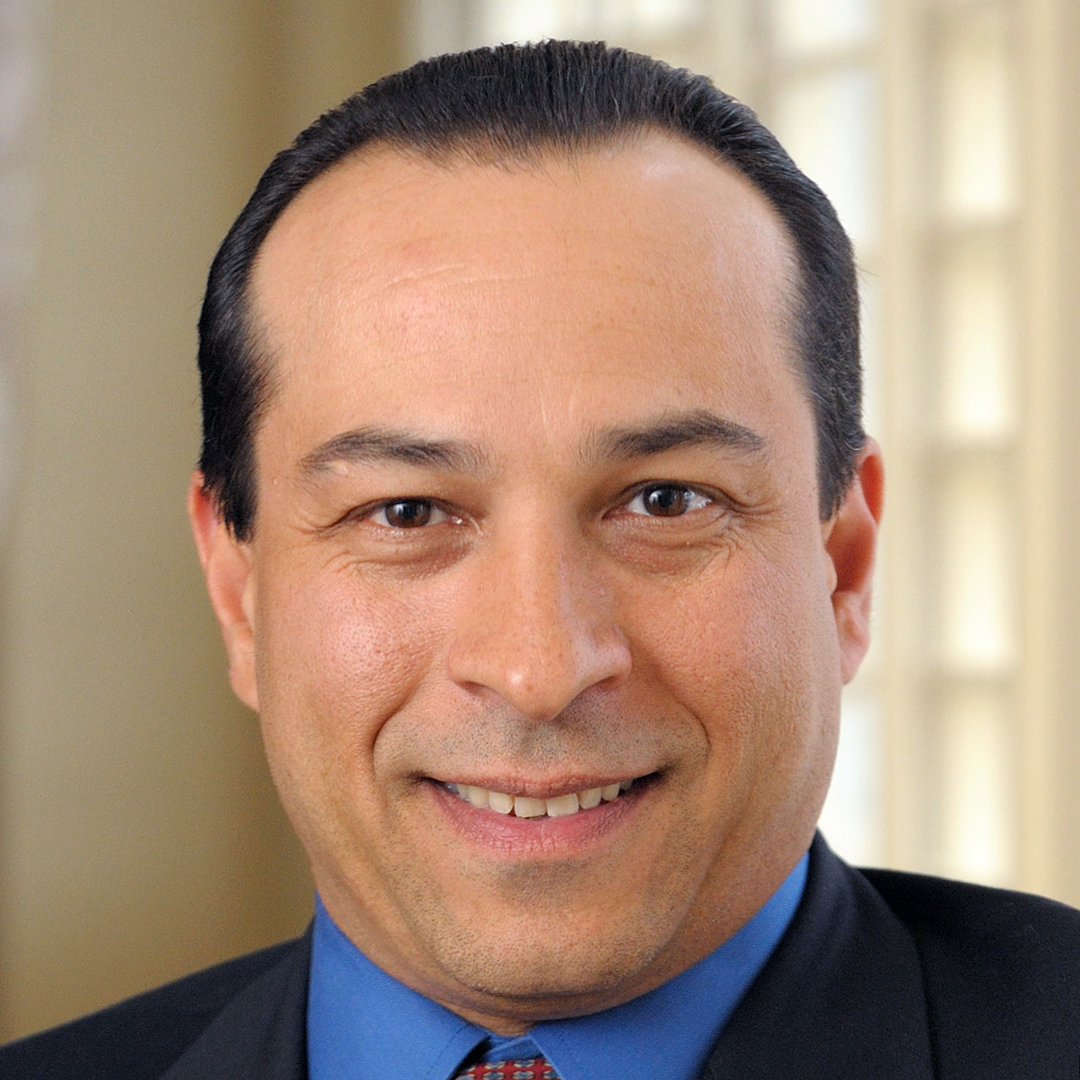Karen Kramer has consistently found a way to fight for knowledge over the course of her law career. The general counsel for Quora, a Q&A website where answers are asked, answered, and edited by its community of users, specialized in both media and technology law far ahead of the curve and has subsequently held roles that wed those two seamlessly, including in-house roles for the Washington Post, TiVo, and Zing Legal.
Along with providing some expert responses on a variety of issues on Quora, Kramer spoke with Profile about how an early love of journalism led her to a wide and rewarding career in media and technology.
Over your twenty-year career, what experiences have most highlighted your passion for working at the intersection of media and technology?

For my first legal job, I served as in-house counsel at the Washington Post. That was a time when newspapers were making the transition to online. My job involved working closely with the newsroom, including Bob Woodward’s investigative team, and reviewing stories as a legal editor, maximizing the protections afforded to journalists under the First Amendment. I also successfully sued and argued in court a precedent-setting case against the Governor of Maryland for access to his appointment calendar and phone logs, defeating a claim of executive privilege. I loved helping journalists get the raw material needed to do in-depth, meaningful reporting.
After my early stint in-house, I moved to a national law firm that welcomed me as a member of two different practice groups: the First Amendment group as well as the intellectual property group, which I eventually co-chaired. Back then, those were separate practices, unlike today, where most firms roll them up into one practice group called something like media and technology law. Lawyers long have been encouraged to specialize early in their careers, and I was a bit unusual for having planted a flag firmly in each of those fields, determined to do both, before they actually converged.
How has your early passion for journalism translated into your later career experiences?
From high school through college, I freelanced for local newspapers and wrote for various school newspapers and magazine publications. While in college, at one point I debated between pursuing a career in journalism or law and managed, in the end, to blend the two with a career in media law.
Journalism and law to me are both a bit like being a detective: you are searching for answers and a new way of extracting meaning out of known information. You want to gather information and distill it down to the patterns that matter and can provide important clues. This process is what helps you decide how best to navigate changing laws while making important business decisions.
How did you come to join Quora?
Before joining Quora, I practiced law at a firm I cofounded, providing advice to media and technology companies. Initially, I wanted Quora as a client because Quora was beginning to monetize and expand globally—activities well-suited to my core skill set and experience. Plus, I was addicted to the product! At the very same time, Quora was looking to hire a general counsel. I can’t imagine any other company that I would have given up my practice for. Quora was just very special to me, given its mission, stage of growth, and the amazing people.
In the evolving digital landscape, what are some of your primary focuses of concern for you at Quora?
In today’s climate, there exists a lot of pressure on platforms to meet the increasing expectations of regulators and consumers on many fronts, including data privacy and quality content. It used to be the case that U.S. law and the expectations of U.S. consumers were far more relaxed, compared with their international counterparts. However, changes like GDPR, the European data protection regulation that went into effect last year, and other laws that make platforms responsible for the content they carry have begun to reset expectations on a global level. There has been a real ripple effect.
Consequently, for Quora, one of my primary concerns is demonstrating an understanding and willingness to meet these higher expectations, while supporting product innovation. I do think that the winners and losers in the marketplace will be sorted out, in part, based on how companies genuinely understand and respond to meeting the increasing expectations of consumers and regulators on these important issues.
You’ve applied your expertise from start-ups to companies with long and respected histories. What has allowed you this sort of flexibility in your career? What encourages you to take on new challenges?
The media industry has gone through three major phases as I see it: first print, then online, and then social. Each of those phases requires translating traditional principles, such as laws regarding liability for content, into new technology mediums. Advising companies on how to navigate evolving content and privacy laws is like a puzzle, one that I love to solve.
Many of the media companies I have worked for have a truly noble mission of sharing and growing knowledge. In fact, the Washington Post and Quora are similarly inspired, mission-driven companies, both focused on increasing knowledge and making the world a better place through information sharing. I tend to be drawn to mission-driven companies or companies that are doing something really new with content and technology.
What challenges are you currently focusing on at Quora?
Since I joined Quora a few years ago, Quora was localized in just one language. Now it is localized in seventeen, with more to come. Localizing the product means understanding content regulations and data privacy regulations in other jurisdictions and finding a way to adapt the product to those legal and cultural norms.
Winston & Strawn LLP:
“Winston & Strawn is pleased to have a longstanding partnership with Karen Kramer on intellectual property counseling and litigation matters. Karen is a strategic leader who is perfectly positioned to lead Quora through this time of exciting international growth.”
—Jennifer A. Golinveaux, Partner

